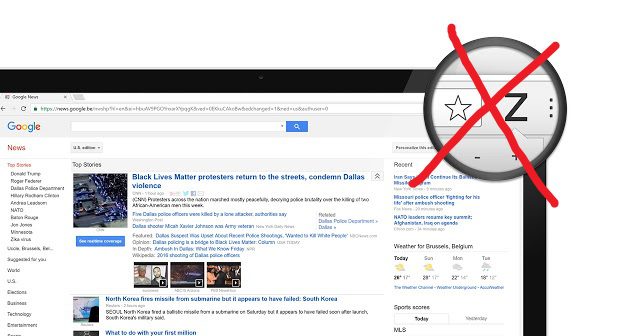Google joins everyone else in banning Zoom
2 min. read
Updated on
Read our disclosure page to find out how can you help MSPoweruser sustain the editorial team Read more

Despite video conferencing solution Zoom’s best efforts, there is a growing backlash against their service, as intense scrutiny brings to light more and more security issues.
Following a number of organizations and governments, Google has joined the chorus of companies banning their employees from using Zoom.
In an email to employees, GoogOS app is sharing data with Facebook evenle complained about “security vulnerabilities” and announced that it will be disabling the software on the managed laptops of employees.
“We have long had a policy of not allowing employees to use unapproved apps for work that are outside of our corporate network,” Jose Castaneda, a Google spokesperson, told BuzzFeed News. “Recently, our security team informed employees using Zoom Desktop Client that it will no longer run on corporate computers as it does not meet our security standards for apps used by our employees. Employees who have been using Zoom to stay in touch with family and friends can continue to do so through a web browser or via mobile.”
Zoom has had a meteoric rise as a free and most importantly easy to use solution, but issues have piled up, including this non-exhaustive list:
- Zoom’s iOS app is sharing data with Facebook even if you don’t have a Facebook account
- Zoom meetings are not end-to-end encrypted after all
- Zoom vulnerability released which allows anyone you chat with to steal your Windows Login credentials
- A new Zoom vulnerability is leaking private data to strangers
- Thousands of private Zoom recordings are available for anyone to watch online
- A new Zoom vulnerability is leaking data from people’s LinkedIn profile
- Zoom admits some video calls were routed through China
- Zoom enables waiting rooms by default to prevent Zoombombing
- The Zoom client app on Mac installed a tiny web server without disclosing this to users. Even after removing the client, the web server continued to remain in the user’s Mac.
Zoom has acknowledged the concerns, with CEO Eric Yuan saying:
“[We] recognize that we have fallen short of the community’s – and our own – privacy and security expectations. For that, I am deeply sorry.”








User forum
0 messages